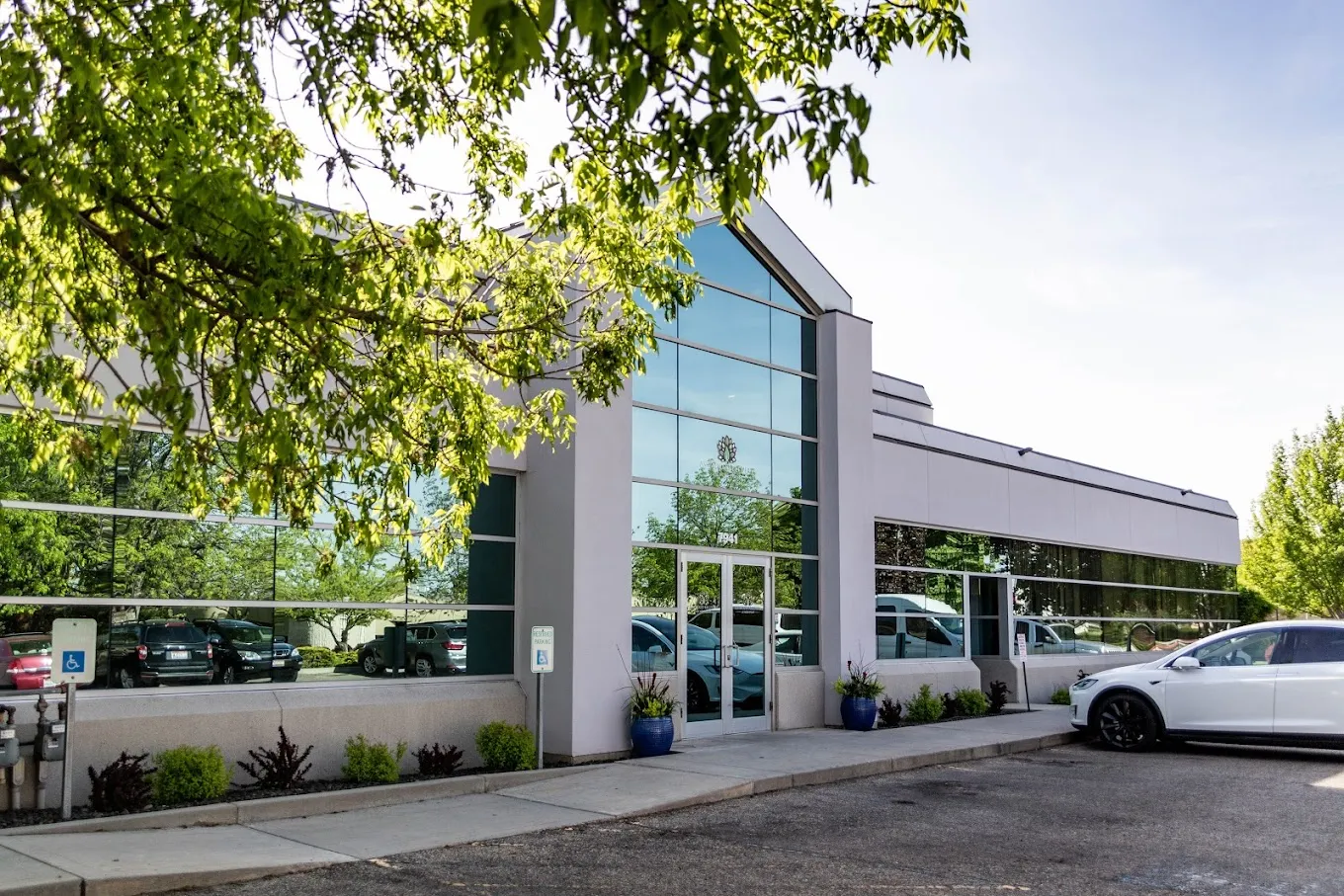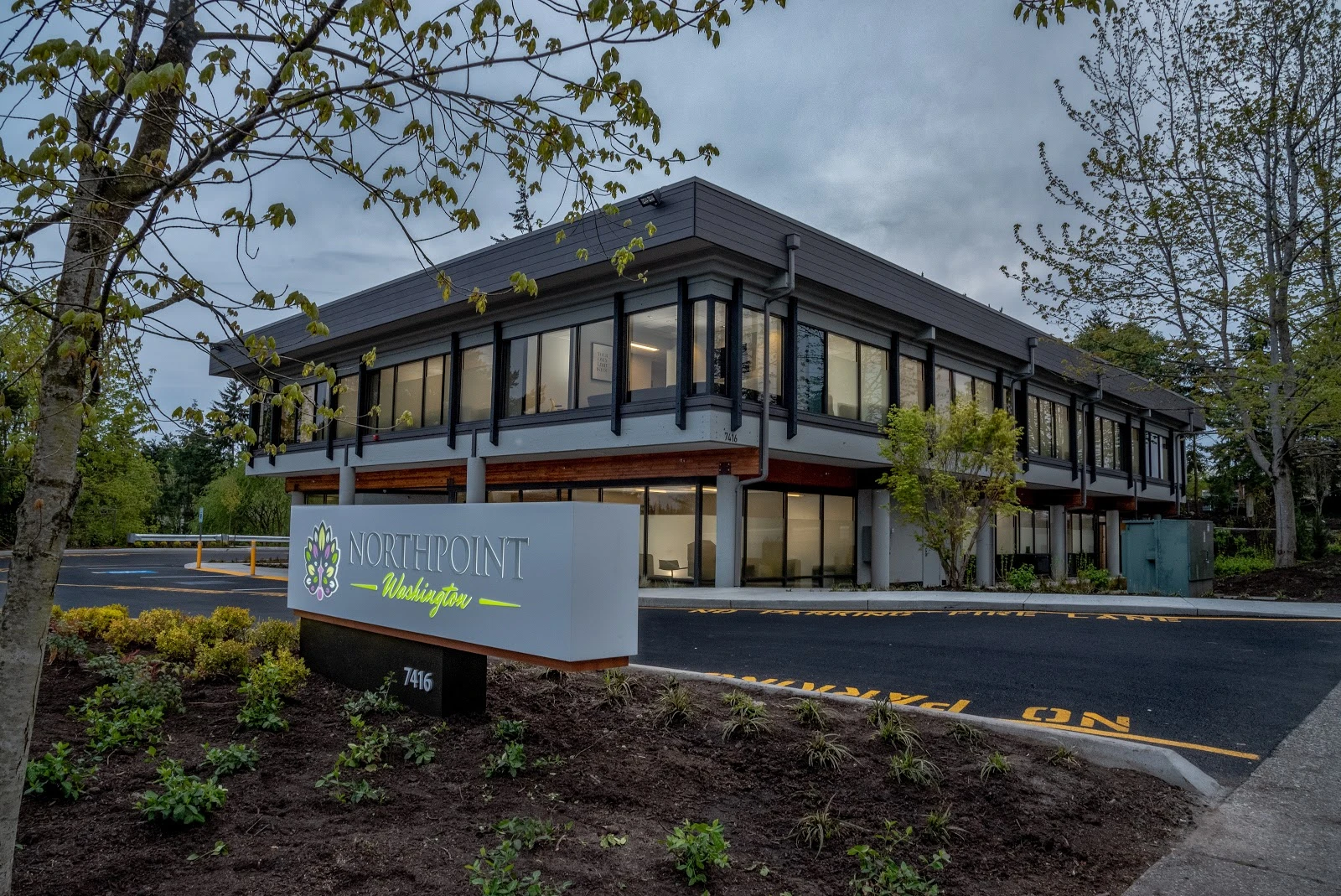Ashwood Recovery, situated in Boise, Idaho, provides comprehensive outpatient addiction treatment programs for individuals who are afflicted with substance use disorders (SUDs), which encompass alcohol and drug dependencies. The facility is inclusive, allowing both men and women to participate in the same group sessions, and it does not adhere to a faith-based approach. The services offered include alcohol and substance detoxification, intensive outpatient programs (IOP), partial hospitalization programs (PHP), and outpatient services (OP).
Ashwood Recovery implements an assortment of evidence-based treatment methodologies, including Cognitive Behavioral Therapy (CBT), group therapy, individual counseling, and 12-Step support group. The facility's dedication to developing personalized treatment programs that are customized to the specific requirements of each client is a noteworthy characteristic. The center also underscores the significance of family involvement in the recovery process by providing a weekly family night to provide additional support to clients. Ashwood Recovery is acknowledged for its commitment to delivering exceptional care and is accredited by The Joint Commission. The facility provides assistance to individuals who require state aid to cover treatment costs and collaborates with a diverse array of private insurance plans, thereby facilitating recovery that is both accessible and affordable.
Ashwood Recovery at Northpoint - Boise Information
Accreditations
-
The Joint Commission
The Joint Commission's addiction and behavioral health accreditation signifies a facility's commitment to high-quality care. It involves rigorous evaluations and assessments of clinical practices, ensuring effective, evidence-based treatment. Accreditation showcases a dedication to continuous improvement and patient safety, instilling trust among patients, families, and healthcare professionals. It's a mark of excellence in addiction and behavioral health care.

-
LegitScript
Only after successfully completing a rigorous application process, programs and services achieve LegitScript certification. This process, which commenced in 2018, aims to qualify only reputable providers of mental health and co-occurring substance abuse treatment for inclusion on Google's network while ensuring compliance with HIPAA privacy laws.

Additional Locations
Ashwood Recovery at Northpoint - Boise Accepts The Following Insurance Plans
Find the best treatment options. Call our free and confidential helpline today!

























